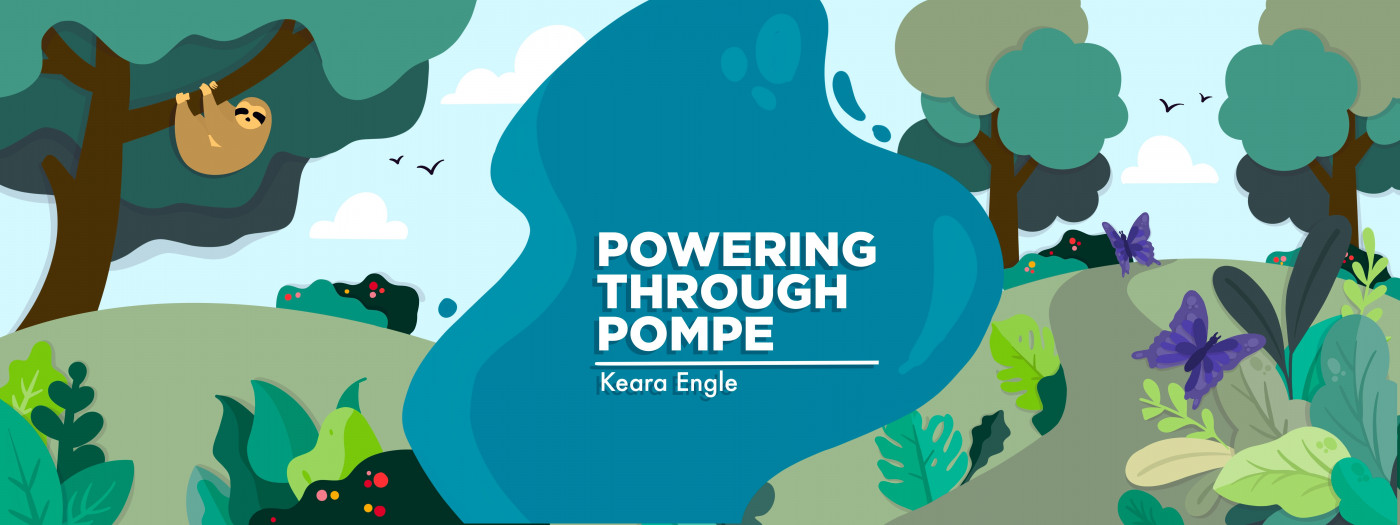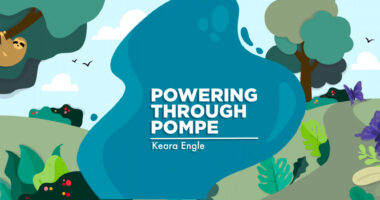Why It’s Beneficial to Share Our Stories With Researchers
Rare disease researchers want our information, and we should provide it

If you have a rare disease or are the caregiver of someone with a rare disease, then you’re probably no stranger to research companies reaching out to you. Companies conduct a range of studies and seek out those living with rare diseases to gain more information. While everyone has an opinion on this, I think it can be a great opportunity.
My son, Cayden, was born four years ago and was diagnosed with infantile-onset Pompe disease via newborn screening. Since then, we’ve had a few research companies reach out to us, asking to chat. I always check a company’s legitimacy before speaking with any representatives, but so far I haven’t had a bad experience.
I’ve always been a huge advocate for my son. Bringing awareness to the disease is so important. I try to share as much information as I can because I remember what it was like to wonder about Pompe disease and what life would be like for Cayden.
In those early days, I ran to the internet and our Pompe family, frantically searching for answers. The information online was pretty outdated, so speaking with people who had the disease or had children with the disease was way more reassuring.
Limited information can make it hard for doctors and researchers to get a complete picture of the disease’s severity. It’s one thing to read about a rare disease, but it’s a whole other ballgame to actually meet or hear from someone living with it. I believe it’s beneficial to gain real and raw information from people who know this disease like the back of their hand.
When research companies seek me out, I’m always happy to help. The more information on Pompe out there, the better. If I can save even one family from reading outdated information online, then I’m content.
When these researchers contact rare disease families, the information we share may become public knowledge, which is my hope. As long as my son’s personal information remains confidential, I have no issue speaking with these companies and sharing our story.
Doctors and researchers typically have a bigger platform to share information than we do in the rare disease community ourselves. The information we choose to share with them may reach other doctors and researchers around the world, helping them increase their knowledge of Pompe.
If you are thinking about sharing information with a research company, I highly advise that you do it. I ask a bunch of questions before sharing any information about my son, but after all my questions are answered, I’m willing to help. Advocating and sharing information about Pompe disease will be something that I choose to do for the rest of my life, and I can only hope that my son will do the same as he gets older.
Note: Pompe Disease News is strictly a news and information website about the disease. It does not provide medical advice, diagnosis, or treatment. This content is not intended to be a substitute for professional medical advice, diagnosis, or treatment. Always seek the advice of your physician or other qualified health provider with any questions you may have regarding a medical condition. Never disregard professional medical advice or delay in seeking it because of something you have read on this website. The opinions expressed in this column are not those of Pompe Disease News or its parent company, Bionews, and are intended to spark discussion about issues pertaining to Pompe disease.








Leave a comment
Fill in the required fields to post. Your email address will not be published.